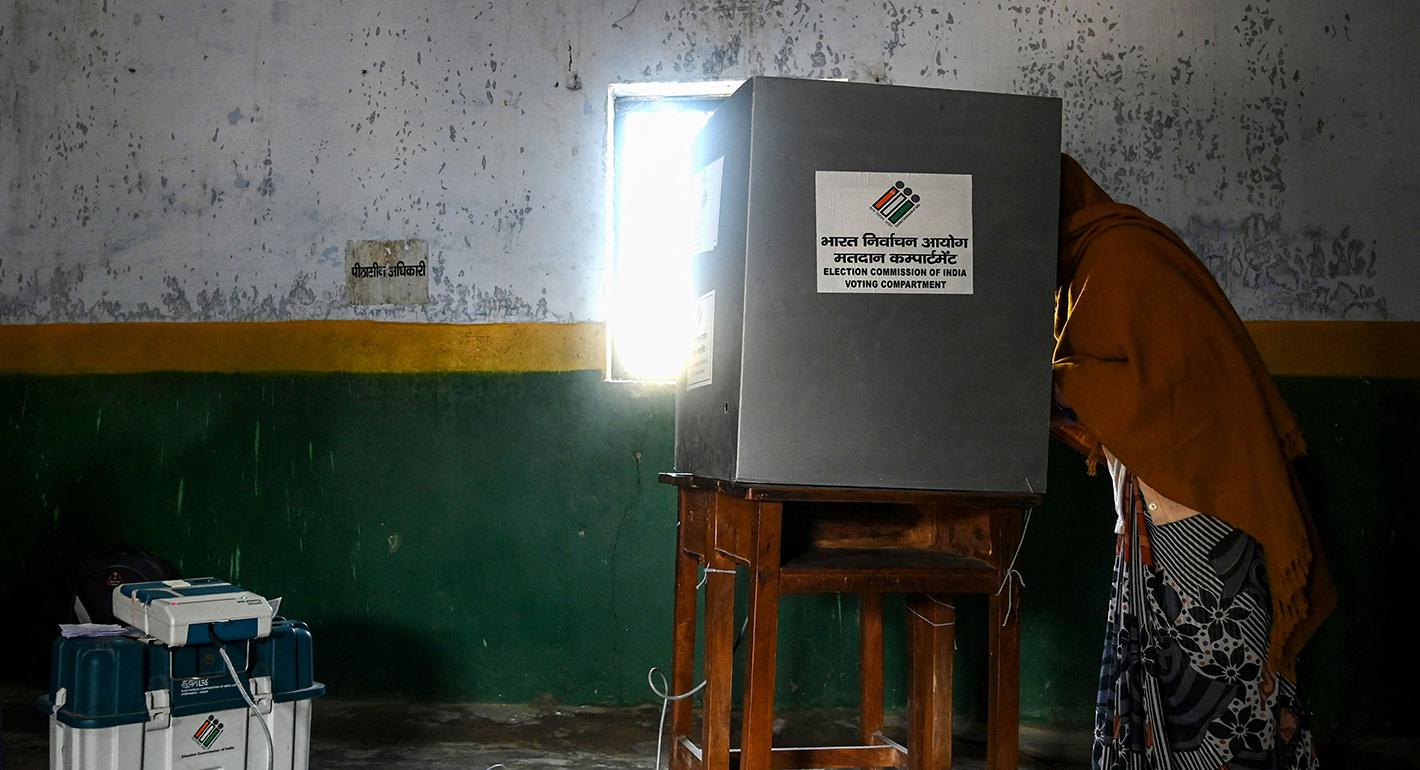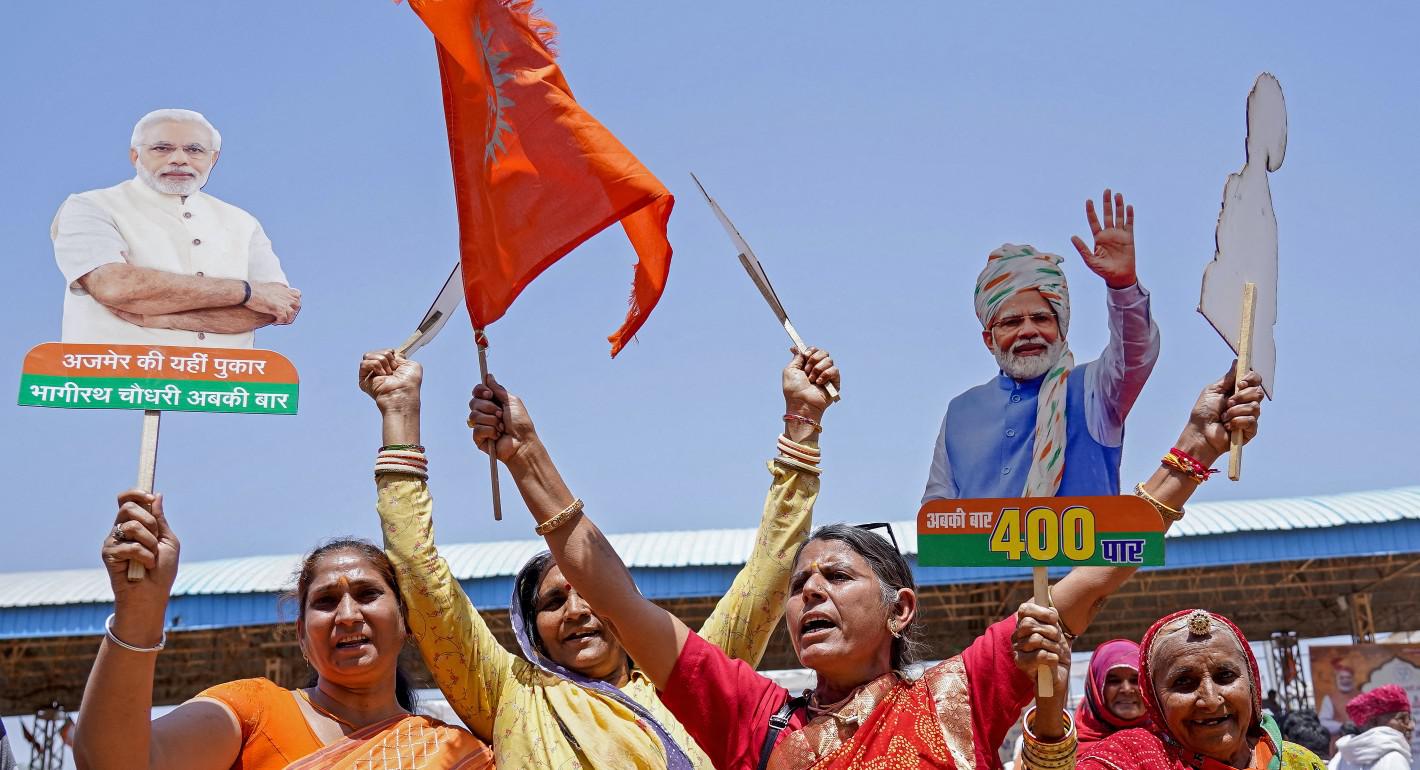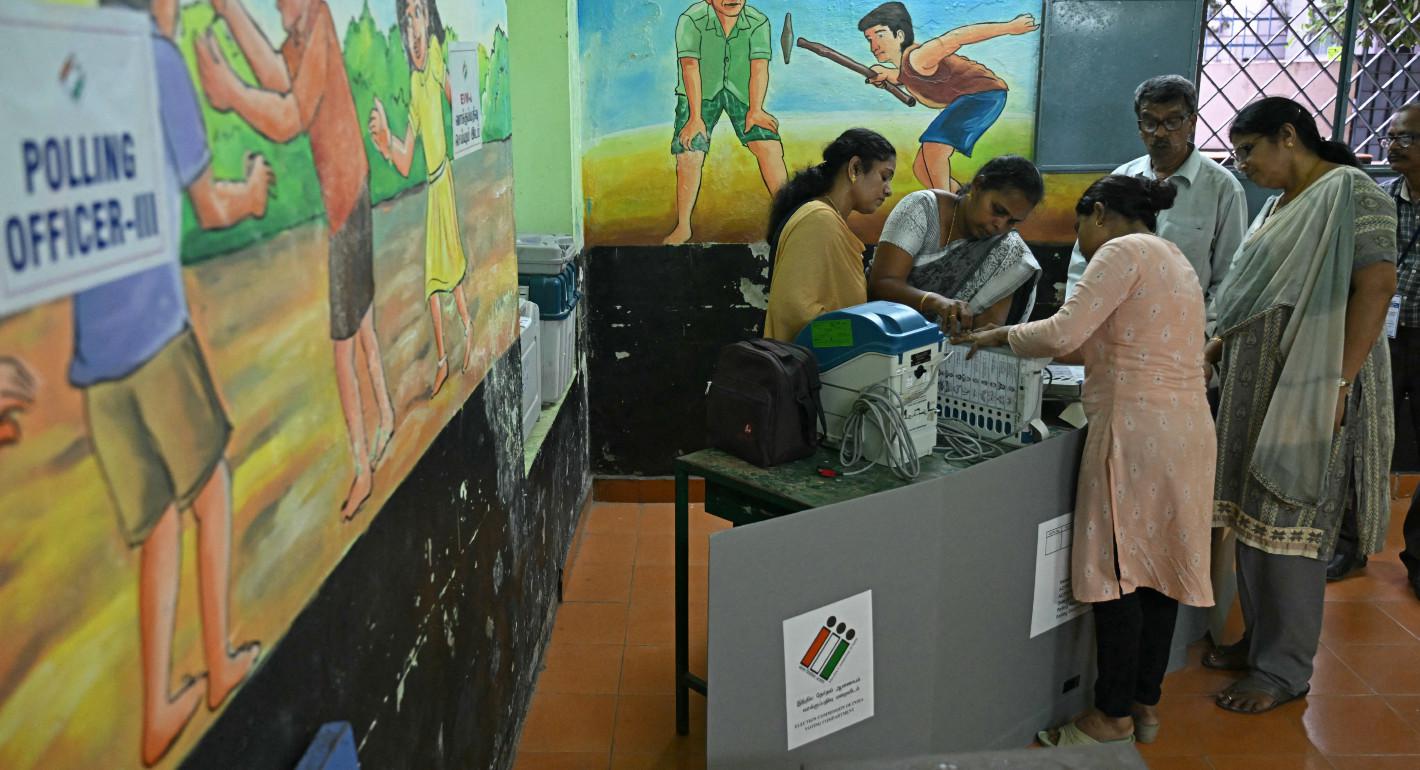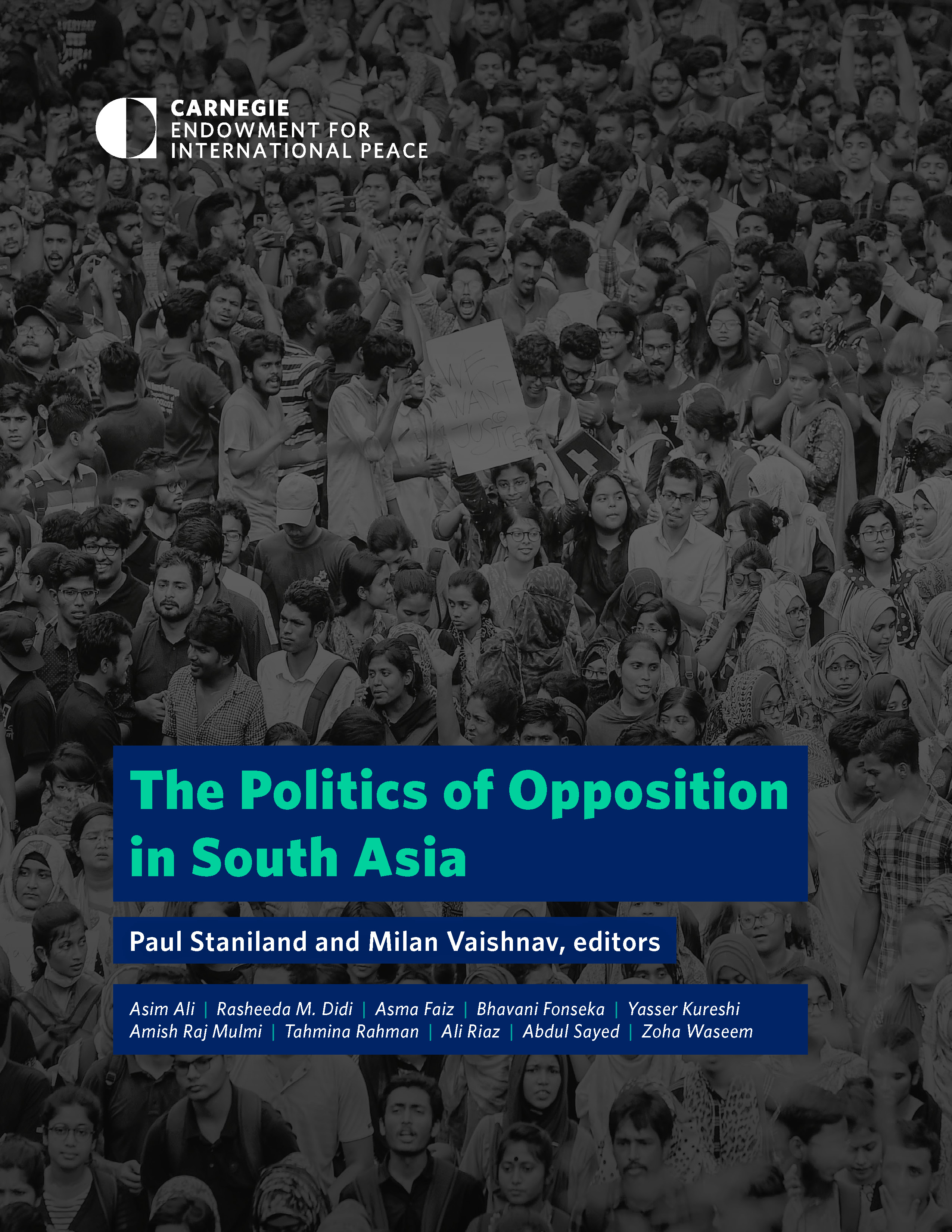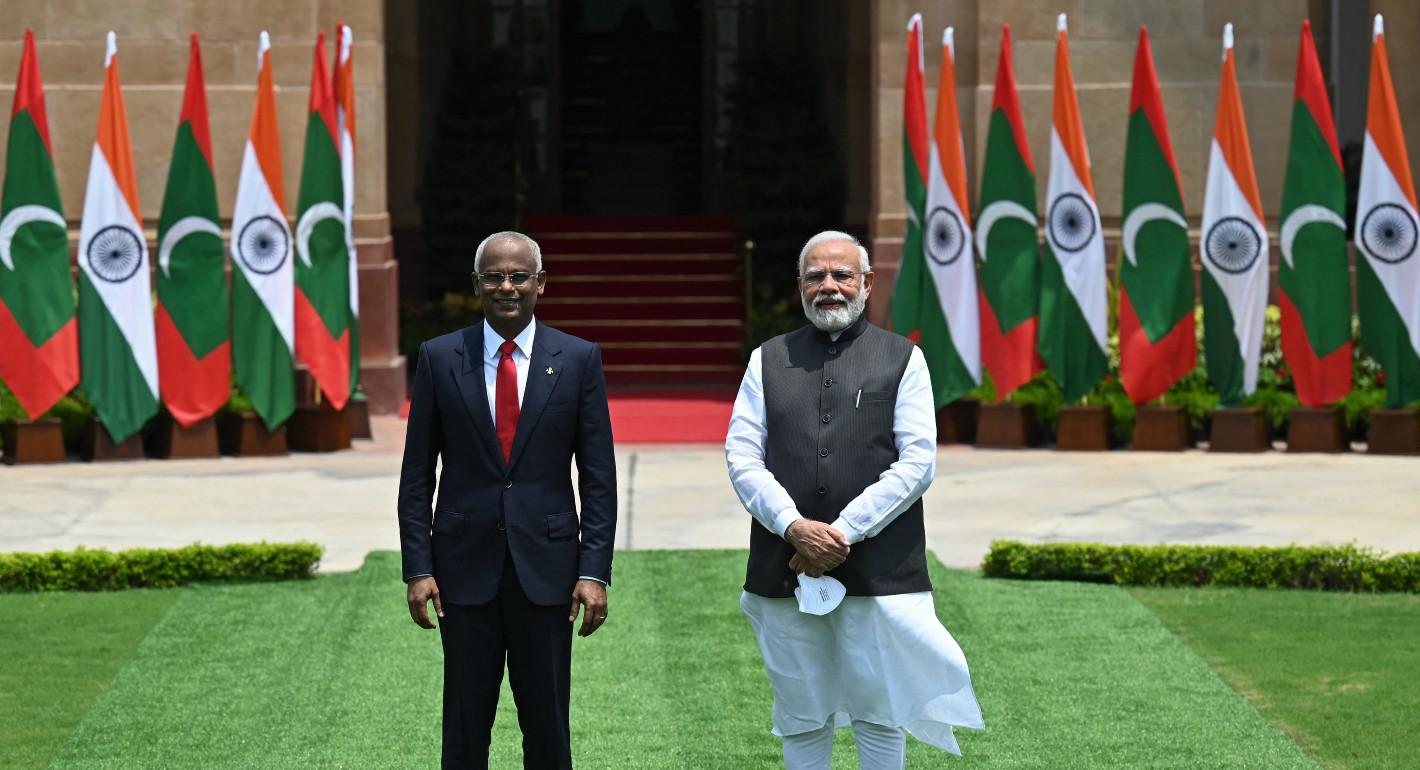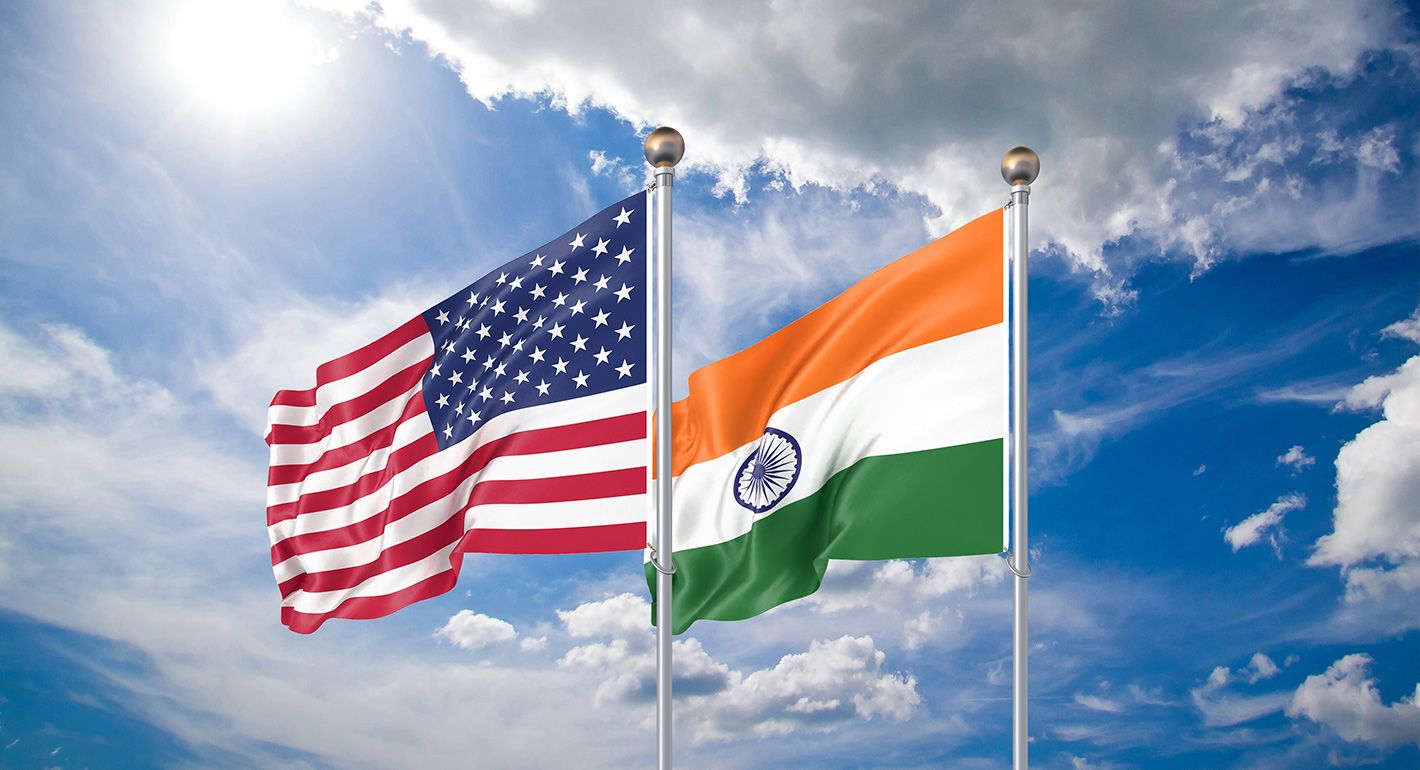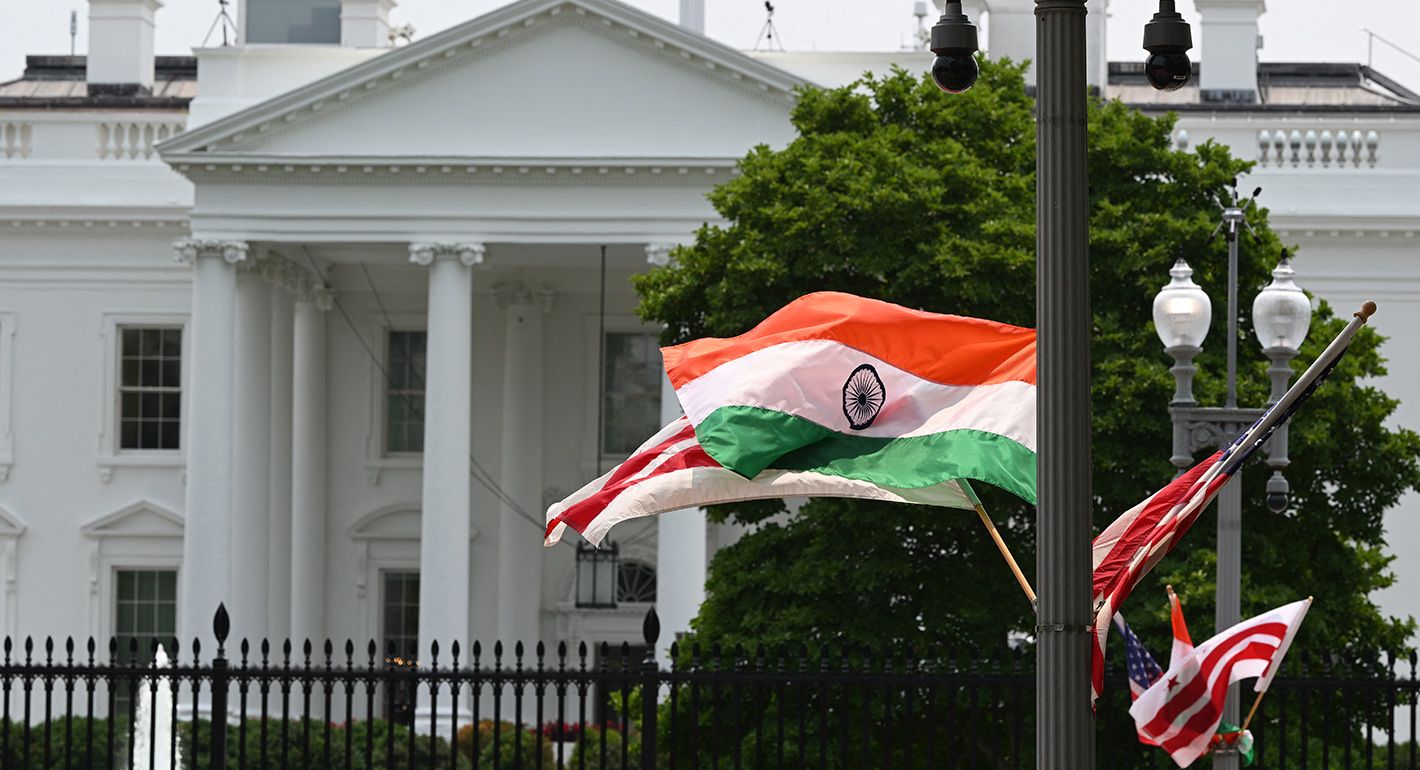Milan Vaishnav
Experts
Milan Vaishnav

Director and Senior Fellow, South Asia Program
About
Milan Vaishnav is a senior fellow and director of the South Asia Program and the host of the Grand Tamasha podcast at the Carnegie Endowment for International Peace. His primary research focus is the political economy of India, and he examines issues such as corruption and governance, state capacity, distributive politics, and electoral behavior. He also conducts research on the Indian diaspora.
He is the author of When Crime Pays: Money and Muscle in Indian Politics (Yale University Press and HarperCollins India, 2017), which was awarded the Kamaladevi Chattopadhyay New India Foundation book prize for the best non-fiction book on contemporary India published in 2017. He is also co-editor (with Devesh Kapur) of Costs of Democracy: Political Finance in India (Oxford University Press, 2018) and (with Pratap Bhanu Mehta and Devesh Kapur) of Rethinking Public Institutions in India (Oxford University Press, 2017). His work has been published in scholarly journals such as American Journal of Political Science, Asian Survey, Governance, India Review, Journal of Democracy, Perspectives on Politics, PS: Political Science and Politics, and Studies in Indian Politics. He is a regular contributor to several Indian publications.
Previously, he worked at the Center for Global Development, where he served as a postdoctoral research fellow, the Center for Strategic and International Studies, and the Council on Foreign Relations. He is an adjunct professor in the Edmund A. Walsh School of Foreign Service at Georgetown University (currently on leave) and has previously taught at Columbia and George Washington Universities. He holds a Ph.D. in political science from Columbia University.
Affiliations
Areas of Expertise
Education
PhD, Political Science, Columbia University, MA, MPhil, Political Science, Columbia University, BA, International Relations, University of Pennsylvania
Languages
English
Featured Work
As India gears up for general elections in 2024, the ruling Bharatiya Janata Party of Prime Minister Narendra Modi sits comfortably in pole position as the opposition struggles to play catch up.
Milan Vaishnav
In the lead-up to the general elections, India’s rising status on the world stage is a big win for Modi in the eyes of many Indian voters.
Milan Vaishnav, Caroline Mallory
Modi and the BJP face an opposition coalition that has struggled with defections and other setbacks.
Milan Vaishnav
Featured Collections

After a decade of democratic deepening, South Asia is experiencing a period of democratic backsliding. Incumbent governments are wielding a variety of tools—from populism to digital repression and violence—to further entrench their power. But democracy is as much about opposition as it is about government. A new Carnegie project on the politics of opposition in South Asia shines a spotlight on actors challenging the status quo from the outside—from political parties and civil society to social movements and armed actors. Unpacking opposition dynamics helps explain the consolidation of autocratic governance in the region, gauge the possibilities of democratic renewal, and understand the dynamics of armed conflict.

This research initiative explores the views and attitudes of India’s diaspora, one of the largest immigrant communities in the world, on domestic politics, political developments in India, foreign policy, and their lived social realities.
